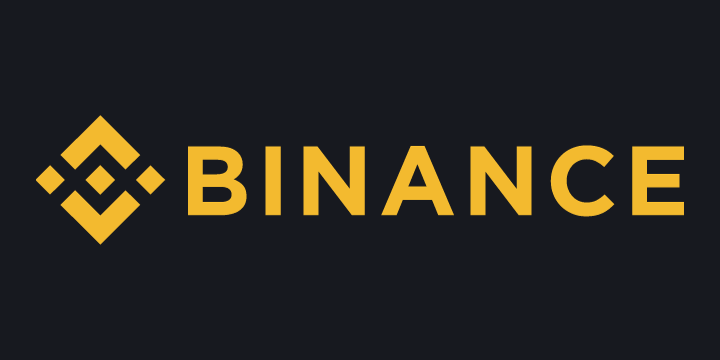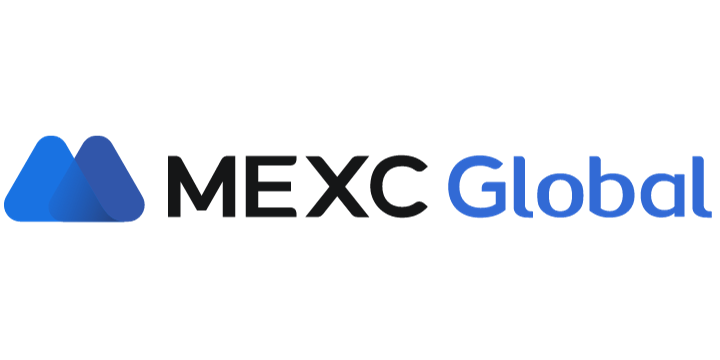When it comes to transferring your cryptocurrency from one wallet to another, you want to make sure you’re doing it as cheaply as possible. This can be tricky, as the prices of different coins vary greatly. In this article, we will discuss eight of the cheapest crypto to transfer! Keep in mind that this list may change over time, so be sure to stay up-to-date on the latest prices.
Which Is the Cheapest Crypto to Transfer?
What’s the cheapest crypto to transact? The table below provides a crypto transaction fee comparison of the top eight low-fee crypto tokens.
| Crypto | Native Token | Market Cap | Transaction Fee | Transaction Speed |
|---|---|---|---|---|
| Nano | NANO | $96,444,455 | Free | Less than a second |
| Stellar | XLM | $2,392,414,970 | $0.0000035 | 3 to 5 seconds |
| ReddCoin | RDD | $3,192,455.5 | $0.000073 | 58.9 seconds |
| Monero | XMR | $2,859,790,704 | $0.00014 | 2 minutes |
| Ripple | XRP | $25,001,954,425 | $0.0011 | 3 to 5 seconds |
| Bitcoin Cash | BCH | $2,262,471,953 | $0.0024 | 10 minutes |
| Dash | DASH | $491,763,279 | $0.0043 | 1 to 2 seconds |
| LiteCoin | LTC | $6,692,414,826 | $0.03 to $0.04 | 2.5 minutes |
8. LiteCoin LTC
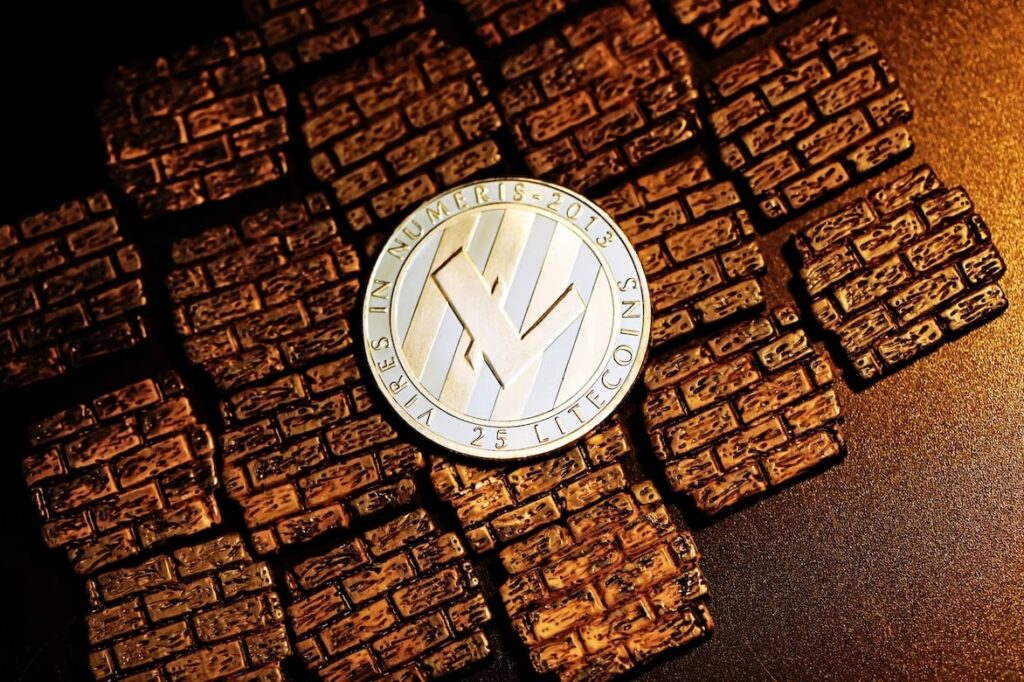
Litecoin is one of the earliest cryptocurrencies to emerge in the crypto space. Still, the coin remains one of the cryptos with the lowest transaction fees. Litecoin transaction fee costs only $0.03 to $0.04 for a single transaction.
Newer currencies may have overtaken the coin in terms of market capitalization, but it has an impressive LTC network that makes it more affordable than most of its competitors. This LTC network eliminates the dependence on transaction fees to provide rewards to miners, making LTC one of the cheapest cryptos to send.
Litecoin is currently available on Binance, sign up using the code NQ2WIF73 to enjoy -10% trading fees and trade now.
7. Dash DASH
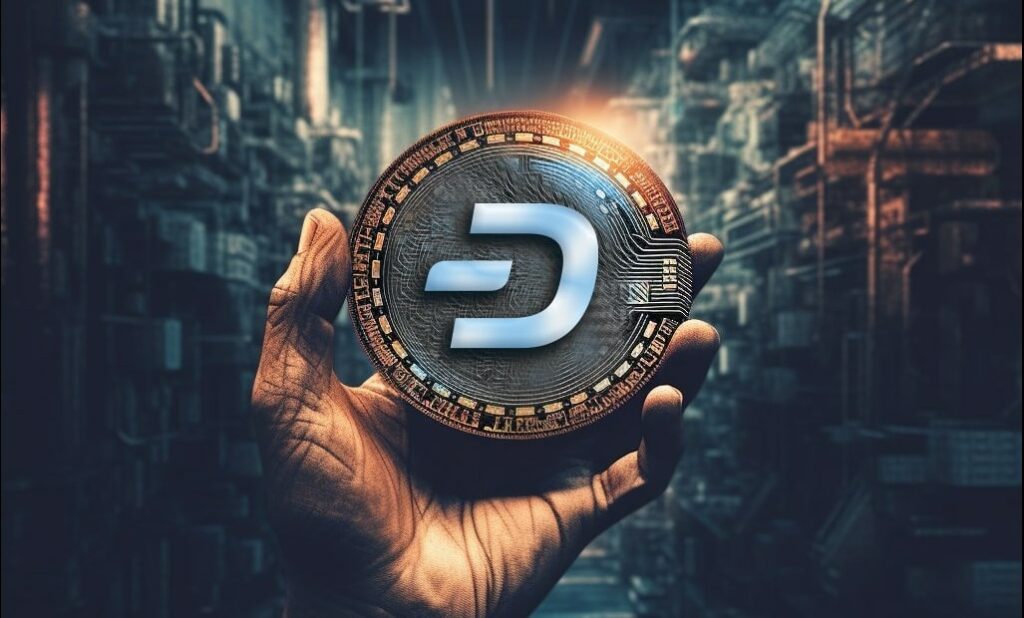
Dash (DASH) is a Bitcoin variant with extremely low transaction fees. The coin, which positions itself as a Proof-of-Stake PoS type of coin, runs mining through “Masternodes” and uses its treasury to generate mining rewards.
This gives DASH transaction fees an average of $0.0043 for each transaction. DASH has had many investors worried that its treasury system will make the coin more centralized than it should be, but as it stands, DASH is still decentralized, and it remains one of the cryptos with very low transaction fees.
Related: 12 Best Cryptos Under a Dollar
Dash (DASH) is currently available on MEXC, sign up using the code “mexc-cheapestcrp” to enjoy -10% trading fees and trade now.
6. Bitcoin Cash BCH

Forged from Bitcoin itself, BitcoinCash (BCH) came to save the day as far as Bitcoin mining was concerned. The Bitcoin mining process is highly power-intensive, meaning it processes fewer transactions per second. So, BCH was designed to have a bigger block than Bitcoin and therefore run more transactions.
However, years later, BitcoinCash is doing more than speeding up transactions. This cryptocurrency supports top BRC20 tokens like CashToken and offers low transaction fees. Users can run a single transfer for an average transaction fee starting at $0.0024. The coin may not have very many use cases, and the number of daily transactions that it has are lower than many other coins, but it saves users extra transaction costs, and that earns it some consideration.
BitcoinCash (BCH) is currently available on Gate.io, sign up using the code BgdCUgtf to get the welcome bonus of up to $100 and start trading now.
5. Ripple XRP
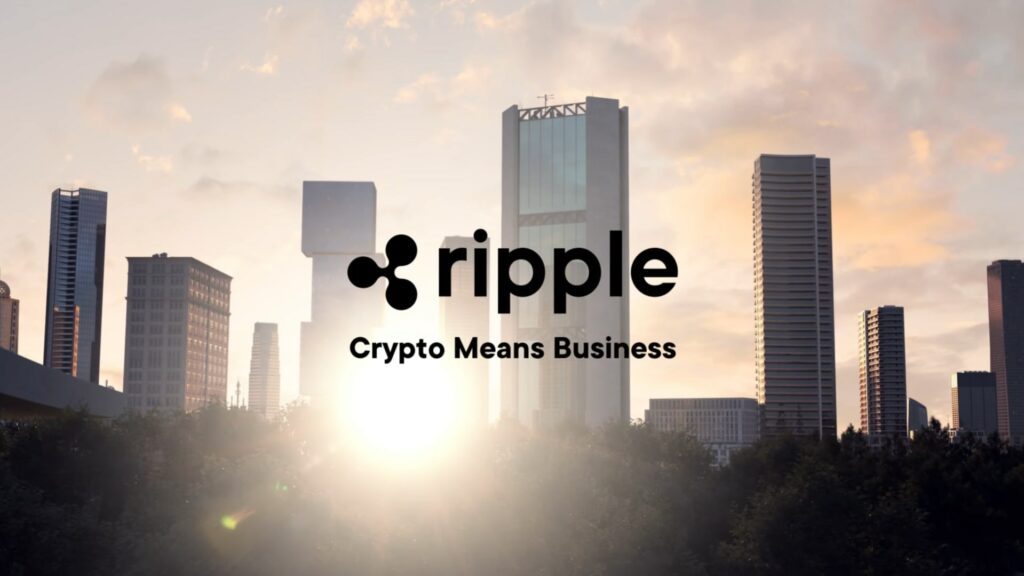
Ripple Lab’s native token, XRP, is one of the best penny cryptocurrencies to buy, especially because of its cheaper transaction fees. This coin, which enables Ripple users to make payments and facilitate asset exchange and remittance systems, is among the cryptos with the lowest transaction fees.
At an affordable cost of $0.0011 per transaction, Ripple owners can complete any transaction involving the coin. Ripple is reputable for enabling the verification of crypto transactions, so the general expectation is that its transaction fees will be higher. However, XRP’s mining process is easier and more simplified, courtesy of a pre-mining alternative. This makes the coin’s transaction fee one of the most affordable in the crypto space.
Ripple (XRP) is currently available on Binance, sign up using the code NQ2WIF73 to enjoy -10% trading fees and trade now.
4. Monero XMR

Keeping your crypto transactions safe and secure might sound like something that would cost a fortune, but not with Monero (XMR). The coin is designed to provide enhanced privacy for your crypto transactions and give you anonymity by default.
Despite all these security advancements, a Monero transaction only costs $0.00014. XMR doesn’t have wire transfers, long holding periods, or clearing fees. It is a straightforward, privacy-focused fungible token and one that comes at very low costs.
Monero (XMR) is currently available on OKX, sign up using the code “CHEAPESTCRYPTO” and unlock Mystery Boxes worth up to $10,000.
3. ReddCoin RDD

For crypto investors who also enjoy giving tips to their favorite vloggers and streamers, ReddCoin (RDD) makes it possible to do this, and all for an extremely low-cost transaction fee. The coin, which serves as a digital social currency, enables its users to become fans and supporters of social media content creators by facilitating the tip-giving process.
On average, this social coin runs a transaction for only $0.000073. Besides giving crypto enthusiasts a chance to appreciate their favorite content creators, RDD’s impressively affordable transaction fees make it ranks highly as a coin worth investing in.
2. Stellar XLM

Stellar (XLM) comes with not just fast transactions but affordable ones too. The coin functions as a native token for the Stellar Network, which provides a platform for stablecoin users to use their coins.
The cost of one Stellar transaction is a mere $0.0000035, making it one of the crypto with the lowest transaction fees. This low fee is made possible by the Stellar Consensus Protocol (SPC). SPC makes Stellar transactions fast and cost-effective by allowing individual Stellar users to validate transactions on the platform. Overall, XRP is more than just a token that runs a stablecoin platform. It is a token with cost-effective transactions.
Stellar (XLM) is currently available on MEXC, sign up using the code “mexc-cheapestcrp” to enjoy -10% trading fees and trade now.
1. Nano
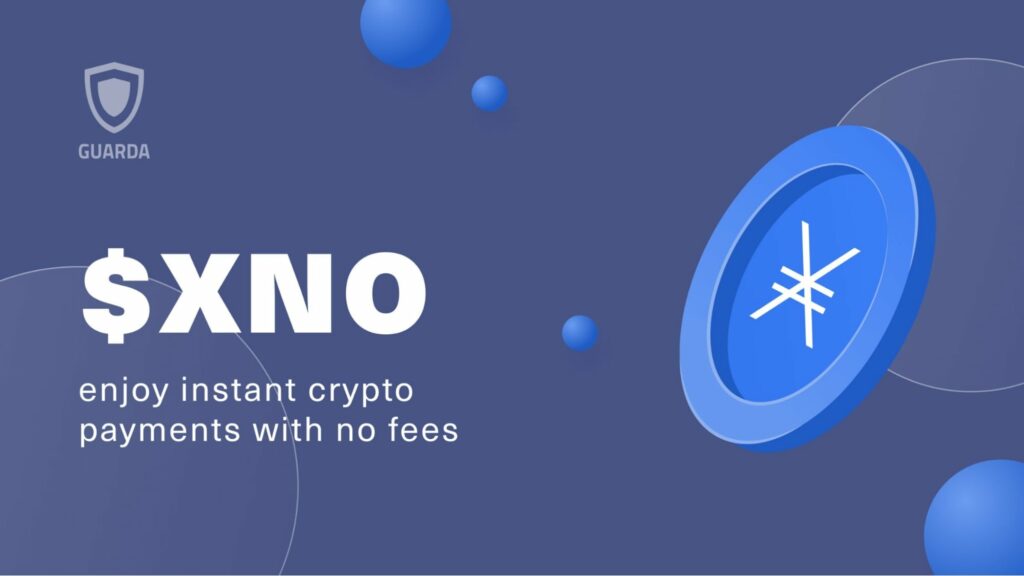
When it comes to cryptocurrencies with the lowest transaction fee, no coin can beat Nano. What makes this token so phenomenal is that it is the cheapest crypto to send. This feeless cryptocurrency is proof that costly transactions in crypto can be subsidized or done away with completely without compromising the coin’s integrity.
Despite having zero transaction fees, Nano still processes very fast transactions. It also has a consensus mechanism to ensure that all transactions are as secure as possible. Nano also has no risk of inflation, making it a dream come true for many investors who wish to spend as little as possible on transactions.
XNO is currently available on Kucoin, sign up using the code QBSSS4PK to enjoy -10% trading fees and a bonus of up to $500 now.
What Is Crypto Transaction Fee?
As the name suggests, a crypto transaction fee is a payment required for the competition of digital asset transactions. These charges were invented to prevent crypto platforms from flooding.
Before introducing these charges, feeless cryptocurrency transactions allowed malicious protocol users to send multiple transaction requests, resulting in flooded networks. However, with the introduction of the fees, the number of illegitimate transactions significantly reduced.
Modern-day cryptocurrency protocols now use transaction fees to determine which records to process first, especially when a traffic surge occurs. The network ranks transactions based on the fee paid for them. Higher-fee transactions are given higher processing priority.
Types of Cryptocurrency Transaction Fees
Cryptocurrencies attract different types of transaction costs. Depending on the blockchain layer that supports the token and the currency’s use case, crypto can have multiple transaction charges. Here’s a summary of the most common cryptocurrency transaction fees.
- Gas fee: This is the most common type of cryptocurrency transaction fee. Gas is the computational power required to process a transaction. Therefore, it is the cost required to process the transfer of a crypto coin from one wallet to another. Gas fee is more associated with Ethereum, but it cuts across other smart contract protocols.
- Network fees: The cost required to process a transaction on a proof-of-work blockchain is referred to as network fees. It isn’t very different from gas fee, except that it is the term used for non-smart contract chains. This cost results in the highest or lowest Bitcoin transaction fee, depending on the network’s traffic.
- Exchange fees: This is another cryptocurrency transaction cost incurred at the exchange level. It takes various forms depending on the exchange. Here’s a summary of the most common forms of crypto exchange fees.
- Trading Fees: This fee is charged when swapping cryptocurrencies on a digital asset exchange. These prices vary based on the trading platform. Some platforms charge a fixed rate, while others charge varying rates depending on the coin.
- Deposit/Withdrawal fees: When adding or removing money from a crypto account, users may need to pay a fee known as a deposit, or withdrawal fee, respectively. Deposits and withdrawal fees mainly apply on decentralized finance (DeFi) applications, but some DeFi apps don’t charge for this or opt to have the lowest withdrawal fee crypto prices.
How to Reduce Crypto Transaction Fees
Although most cryptocurrencies have specific transaction charges, it is possible, in some cases, to adjust the costs. Here are some of the steps you can use to achieve this.
- Avoid running multiple small inputs: Instead of having several microtransactions, try consolidating them. This significantly reduces the amount spent on transaction fees on chains like Bitcoin.
- Use Segregated Witness (SegWit): As you bundle up the inputs, you can use SegWit to ensure our data brackets don’t grow too large. Well-sized data packets attract lower fees. This is relevant primarily to Bitcoin.
- Avoid transacting at peak hours: Most blockchains will have higher transaction charges during peak hours. Leverage off-peak hours to get the best rates.
- Check for transaction fee adjustment on your crypto wallet: Certain software crypto wallets have a transaction adjustment feature. Wallets like BitPay can help you adjust the necessary transaction fee by extending or shortening your transaction’s processing duration.
- Use Layer 2 solutions: Layer 2 solutions help process transactions faster than some top Layer 1 blockchain alternatives. Protocols like Lightning Network for Bitcoin and Polygon for ETH can help lower the fees you spend per transaction.
Find a Crypto Currency That Charges The Lowest Crypto Transaction Fees
Cryptocurrencies are taking the world by storm with every passing day. At the same time, more and more people are showing interest in owning and transacting in these currencies. But, investors need to constantly remember that it is essential to find a cryptocurrency whose transaction fees will not take up much of the profits made from their investments or drastically reduce the funds in their wallets.
FAQs
What crypto has the lowest fees?
The lowest network fee crypto coin is Nano. This feeless cryptocurrency allows users to transfer coins with zero transaction fees. Additionally, it does not compromise transaction speeds. Despite being the cheapest coin to transfer between exchanges, Nano transaction processing is fast, reliable, and secure.
Besides Nano, all other cryptocurrencies have transaction fees. However, most are very affordable. Coins like Stellar, ReddCoin, Monero, Ripple, Bitcoin Cash, Dash, and LiteCoin are some of the crypto with the lowest gas fees.
Looking for an exchange to day trade crypto? We’ve got you covered: Top 6 Best Crypto Exchanges for Day Trading.
Are trading fees the same as transaction fees?
Crypto trading fees are not the same as cryptocurrency transaction fees. Transaction fees are the term used for the charges made to facilitate the movement of coins within a network. Typically, this movement is from one wallet account to another.
On the other hand, crypto trading fees are the charges incurred when buying or selling cryptocurrencies on a crypto exchange. This is typically how exchanges make a profit from facilitating trades.
However, despite the difference, trading fees are considered a form of transaction fee. They fall in a category called exchange fees. Exchange fees are a collection of charges that digital asset trading platforms enforce to facilitate different transactions.
Can I trade crypto without paying trading fees?
It is possible to avoid trading fees, but you will often end up paying for other exchange fees. While certain crypto exchanges do not charge direct trading fees, most will compensate for this by charging other rates. These rates may include deposit and withdrawal, loan, or maker and taker fees.
Elevate your crypto trading career with CoinWire Trading signals. Get Premium daily signal calls, trading insight, updates about the current market, and analytics about hidden crypto gems now.


